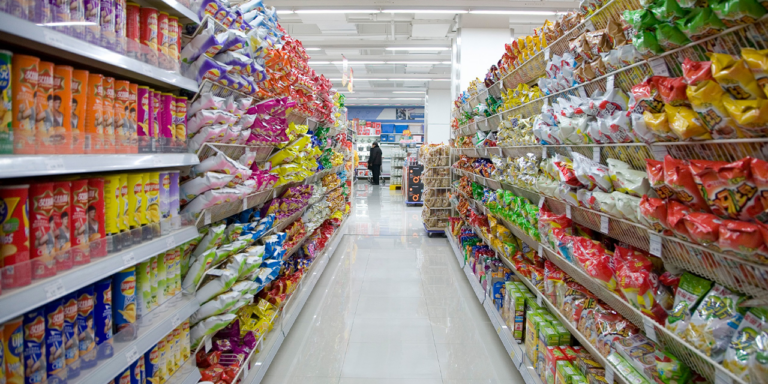RELEX’s Italian customers were among the first and hardest hit in the earliest days of the coronavirus pandemic. We have learned quite a bit from these projects that could help retailers in other markets that may be behind Italy in terms of coronavirus timeline, so we’d like to share some of our key learnings and outcomes.
First of all, RELEX’s Italy team can confirm that it is absolutely possible to run complex projects remotely. With the help of seamless collaboration with our customers, we have been able to successfully hold even the most challenging meetings — such as project kickoffs where we’re meeting new users for the first time and covering large amounts of information. Though remote work is new to many, we’ve experienced zero disruptions resulting from it. Retailers should not hesitate on their critical projects right now. They should instead use this as an opportunity to take crucial steps toward digitalization and partner with vendors to embrace these new tools and workflows as an effective strategy to keep their businesses moving.
We also learned quite a bit about how the RELEX demand planning system automatically responds to exceptional demand volatility. One of our Italian customers, a large food retailer, saw a two-fold demand increase in the earliest days of the pandemic. Without any manual intervention, the system’s automatic reaction logic adjusted both demand forecasts and safety stock levels so that they recovered from an initial availability drop within just 10 days, even as sales remained high. As a side note, the solution was able to maintain the inventory and days of supply levels lower than what the customer saw prior to their RELEX implementation during the entire period of record sales.
Retailers should be able to trust their planning system to quickly and automatically adapt to this kind of sales volatility, especially in food and other fast-rotating sectors. With an experienced planning team and super users guiding the system, the reaction can be even faster.
Like food retailers, pharmacies have also been significantly impacted by high sales volumes, although their sales increase has not been as high as in grocery. Pharmacies have been able to maintain availability with only a 1% dip. Compared to the dramatic sales increase, the RELEX system’s performance for availability was strong.
Another challenge for retailers has been managing completely unexpected demand spikes. An increase in sales for items like hand sanitizers and certain medications could be anticipated with manual interventions, but nobody was prepared for a social media hoax that said vitamin C could fight the coronavirus. In this case, the RELEX system’s reaction to the demand change was rapid, but neutralized by limited supplier availability.
In general, RELEX has also identified unexpected demand increases that will be useful to keep within the system to help model demand in future force majeure scenarios. In Finland, for example, premium canned goods like reindeer and moose meat were unexpectedly selling out. In retrospect, it seems obvious that people would want to stock up on some non-perishable special occasion foods as well as everyday food, but the planning team did not anticipate it before the system showed them what was happening.
In short, today’s demand planning solutions have proven capable of helping retailers react quickly to this type of crisis. The best results are achieved in the hands of a skilled demand planning team that can act based on input from an advanced solution.
Not all retailers can allocate resources to manage their planning software at this critical time, so RELEX is extending support services to our customers in the form of either “superuser or planner as a service” or 24/7 Hypercare support. If you are an existing RELEX customer interested in these support services, please reach out to your Account Manager.




